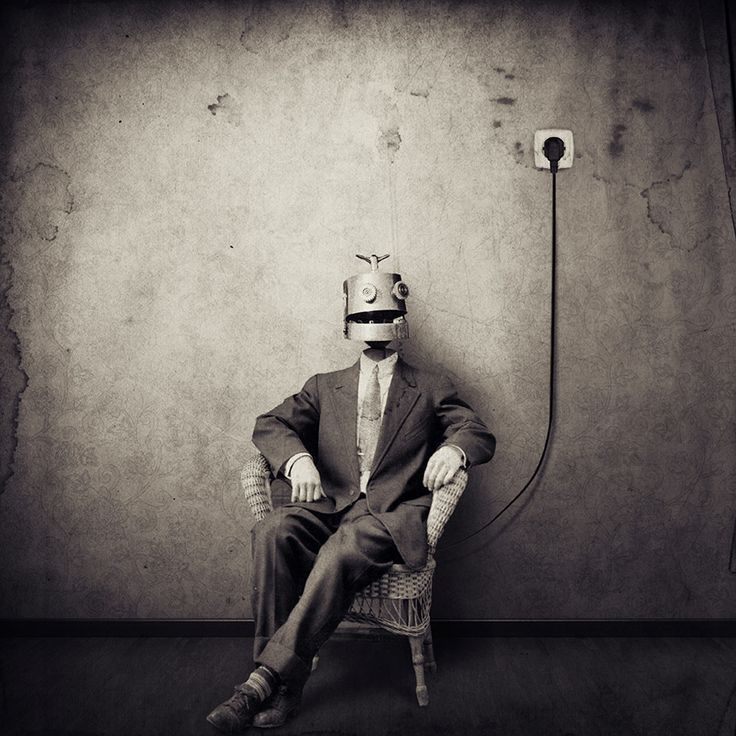From “Everything’s Connected,” Timothy B. Lee’s Vox article about the promise of a new technological dawn in which gadgets linked to the Internet can anticipate our commands. It’s mostly fun and games now, but such apps could eventually cause profound change. An excerpt:
“Every couple of decades, the plunging cost of computing power gives birth to a new kind of computing platform. The 1970s saw the introduction of the first integrated computer chips, making possible PCs that were small and cheap enough that anyone could have one on their desks. In the late 1990s, a new generation of low-power chips allowed the creation of mobile computers — smartphones — that fit in our pockets and could run all day on a single charge.
In both cases, it took technology companies about a decade to figure out how to take full advantage of the capabilities of the new platform. PCs were clumsy niche products until the Macintosh (and later Windows) made them user-friendly starting in 1984. Smartphones didn’t reach their full potential until Apple invented a modern multi-touch interface for the iPhone in 2007.
We could be at the cusp of a third computing revolution. Once again, a new generation of computer chips is dramatically smaller, cheaper, and less power-hungry than the generation that preceded it. And like PCs in 1978 or smart phones in 2001, the current generation of products seem more like toys than a technology revolution.
What’s missing is software to allow consumers to manage dozens of connected devices in their homes and offices as effortlessly as we manage apps and websites today. It’s likely to take several more years for the necessary technology to mature. But it when it does, it could be a big deal.
So what might the world look like when there are tiny computers everywhere?”
Tags: Timothy B. Lee

